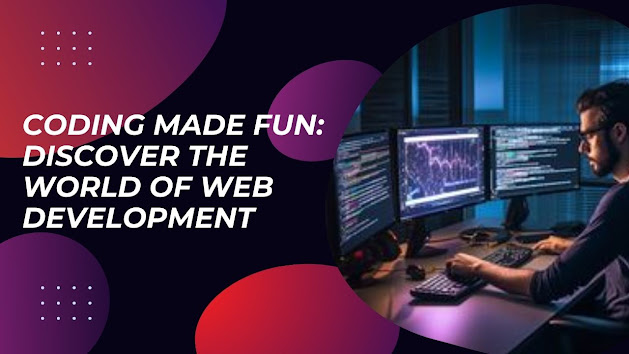Why Financial e-Accounting is Essential for Students in the Digital Era
In
today’s digital age, accounting has transformed into a skill that goes far
beyond ledgers and paperwork. Companies now rely on Financial
e-Accounting
to manage data, ensure compliance with GST and taxation laws, and make informed
financial decisions. For students and professionals aiming to secure a
successful career in finance, learning e-Accounting from basics to advanced
concepts is the smartest step forward.
Understanding Financial e-Accounting
Financial
e-Accounting is the modern approach to managing accounts digitally. Instead of
manual entries, it uses software and digital tools like Tally, Busy, and online
GST platforms.
A
structured course in this field usually covers:
● Basics of accounting: journal entries,
ledgers, reconciliation, and trial balance.
● Computerized accounting with Tally ERP and
Busy software.
● GST and taxation, including return filing
and compliance.
● Payroll and TDS management with PF and ESI.
● Advanced MIS reports, balance sheets, and
cash flow statements.
By
learning step by step, students can gradually move from fundamental knowledge
to advanced financial management skills.
Why Students Should Learn e-Accounting
1. Industry Demand – Every business, from startups to corporates, requires professionals
trained in digital accounting.
2. Hands-On Knowledge – Courses emphasize practical use of software, not just theory.
3. Career Flexibility – Skills open doors to jobs in companies, CA firms, or even
freelancing.
4. Faster Growth
– Knowledge of GST, e-filing, and compliance increases employability.
A
professional e-Accounting certification gives students an added advantage when
applying for jobs and internships.
Skills That Make a Difference
● Preparing digital financial statements.
● Managing GST, TDS, and taxation compliance.
● Payroll structuring and employee record
management.
● Creating MIS reports for business analysis.
These
are job-oriented skills that employers expect from modern accountants, making
e-Accounting one of the most career-relevant fields today.
How to Choose the Right e-Accounting Course
When
selecting a course, it’s important to look for programs that balance theory
with practical training. A strong course will include live projects, real-world
assignments, and certification.
For
example, many learners prefer the Best Financial e-Accounting course in Yamuna
Vihar because it offers hands-on training with tools like Tally and GST
software. Others opt for an Advanced e-Accounting coaching centre
in Yamuna Vihar to gain deeper knowledge of taxation and advanced reporting.
In
West Delhi, students often explore options such as the Best Financial e-Accounting course in
Uttam Nagar,
which covers both basics and advanced techniques. Similarly, enrolling in an
Advanced financial accounting training Uttam Nagar helps learners acquire
job-ready skills along with recognized certification.
Final Thoughts
Learning
Financial e-Accounting from basics to advanced level can transform your career
path. It provides the technical expertise, practical experience, and
certification needed to succeed in today’s finance-driven job market.
Whether
you’re a student planning your future or a professional upgrading your
knowledge, this skill ensures you remain competitive and confident in the
accounting world. With the right training, you’ll not only master software and
compliance but also build a strong foundation for a rewarding career.Visit Us
Suggested Links:




Comments
Post a Comment